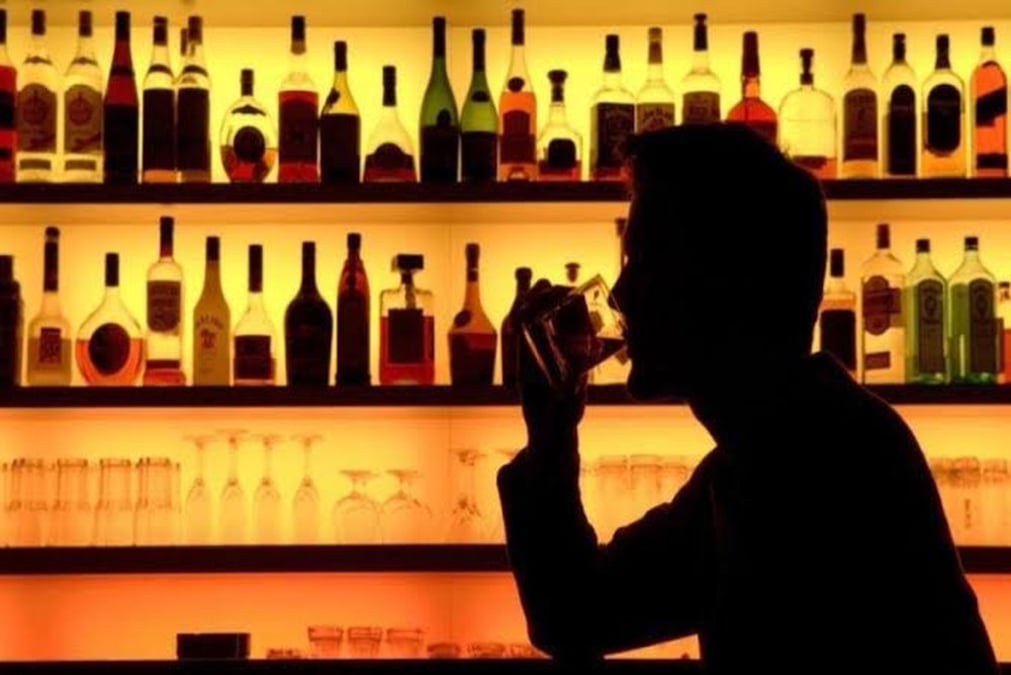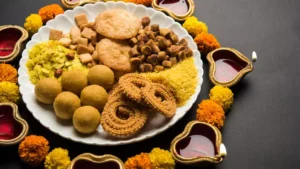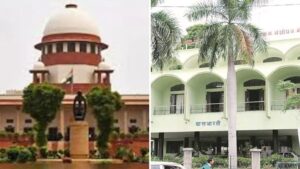From Rs 100 in Goa to Rs 305 in Karnataka, the Same Bottle Costs Triple — Excise Disparity Fuels Cross-Border Booze Buys

From Rs 100 in Goa to Rs 305 in Karnataka, the Same Bottle Costs Triple — Excise Disparity Fuels Cross-Border Booze Buys
Goa to Karnataka, excise duty differences expose India’s fractured liquor tax system
If you’re paying Rs 100 for a bottle of alcohol in Goa, be prepared to spend more than triple that in Karnataka. The same bottle would cost Rs 305 in Karnataka, Rs 229 in Telangana, and Rs 205 in Rajasthan. This stark contrast in pricing across states is driven by widely differing excise duties and tax structures, with Goa continuing to levy the lowest excise tax in India, just 55%.
In contrast, Karnataka tops the list with an excise duty of 80%, according to data from the International Spirits & Wine Association of India (ISWAI). Over the years, taxes in Goa have marginally increased, but the coastal state still offers the cheapest liquor in the country.
The impact of this tax disparity becomes even clearer when we look at premium liquor prices. A bottle of Black Label whisky is priced at:
- Rs 3,310 in Delhi
- Rs 4,200 in Mumbai
- Rs 5,200 in Karnataka
Karnataka’s complex tax model has recently been overhauled. Earlier, it imposed fixed taxes on lower-end beers and percentage-based taxes on premium brands. Now, a flat 205% duty applies across all beer categories, in an effort to streamline the excise framework. However, this has only further widened the price gap between Karnataka and lower-tax states.
Revenue or Rationalisation?
The liquor industry has long called for tax rationalisation, arguing that such wide variations in state taxes violate the spirit of “One Nation, One Tax.” But with liquor excise and fuel VAT now among the only major revenue streams for states post-GST, finance ministers remain hesitant. Many states depend heavily on these taxes, especially during seasons of populist giveaways and electoral freebies.
As a result, bootlegging and cross-border purchases are on the rise. It’s common for Delhi residents to buy alcohol from Haryana, where prices are lower. In the south, many Tamil Nadu consumers turn to neighbouring Puducherry for their liquor needs. These behaviours lead to revenue losses for high-tax states and encourage illegal trade.
Industry Sounds the Alarm
Sanjit Padhi, CEO of ISWAI, emphasized the need for a sustainable and stable excise model that allows for “premiumisation”, encouraging consumers to drink better rather than more.
“States have seen incremental revenue growth in the past where tax rationalisation was adopted,” he said, citing examples from Maharashtra and Karnataka.
Deepak Roy of the Confederation of Indian Alcoholic Beverage Companies (CIABC) echoed the sentiment:
“There is no cohesive strategy for the Indian alcoholic beverage industry. A uniform taxation mechanism is urgently needed to drive growth.”
What’s at Stake?
Without a uniform tax policy:
- Consumers face high prices and confusion
- States lose revenue to illicit channels
- Industry struggles to scale operations or forecast pricing
- Public safety is compromised due to bootlegging risks
Unless finance ministers across the country come together to craft a balanced, pan-India excise policy, the alcohol industry will remain stuck between high taxes and lost opportunities.












